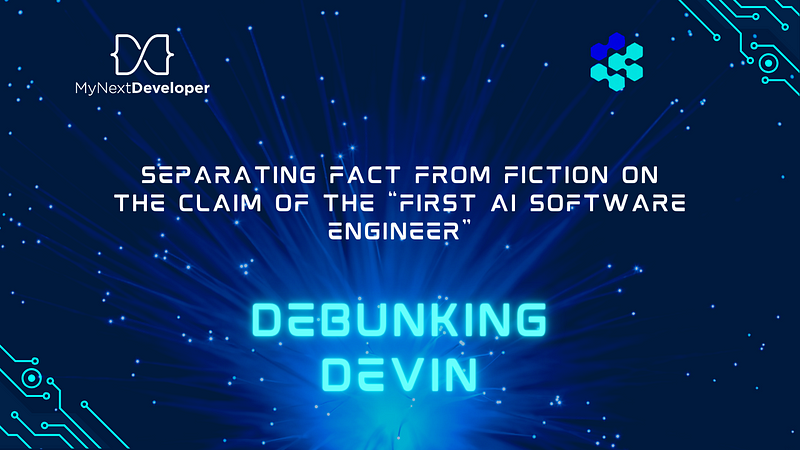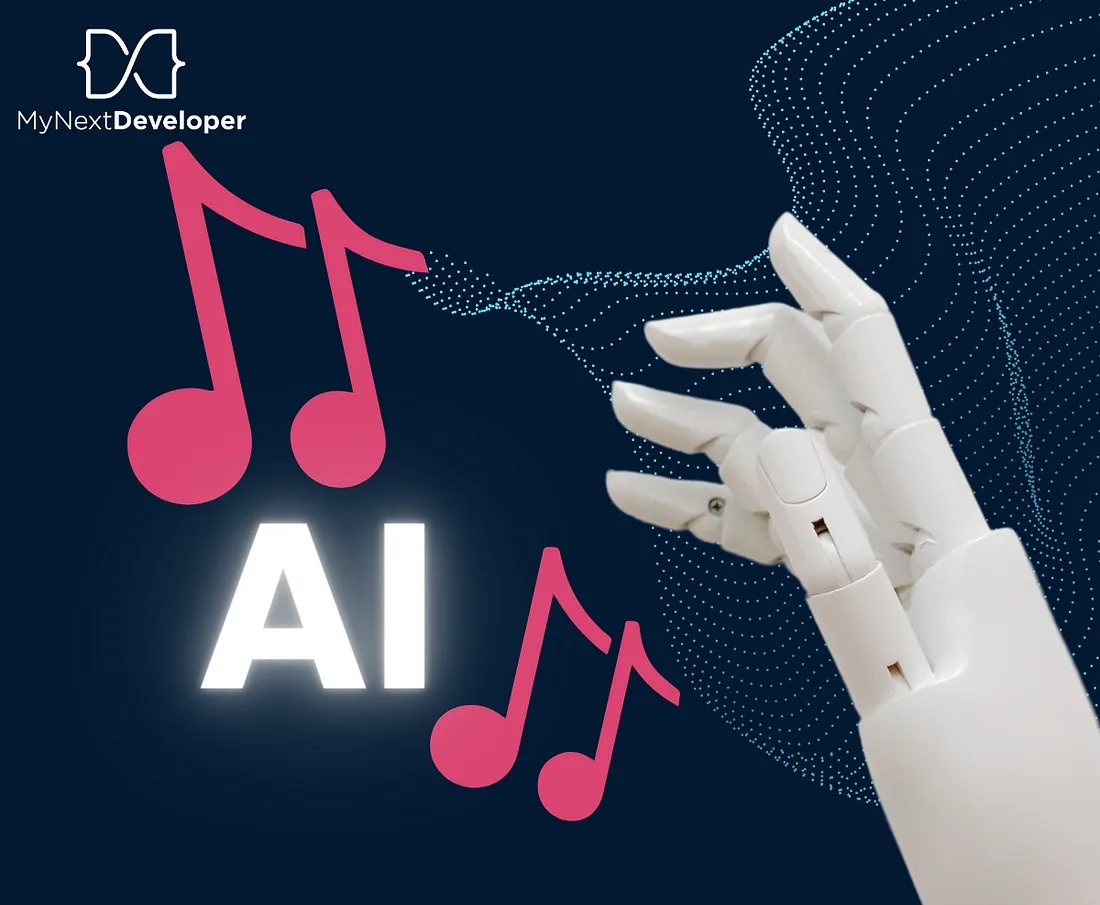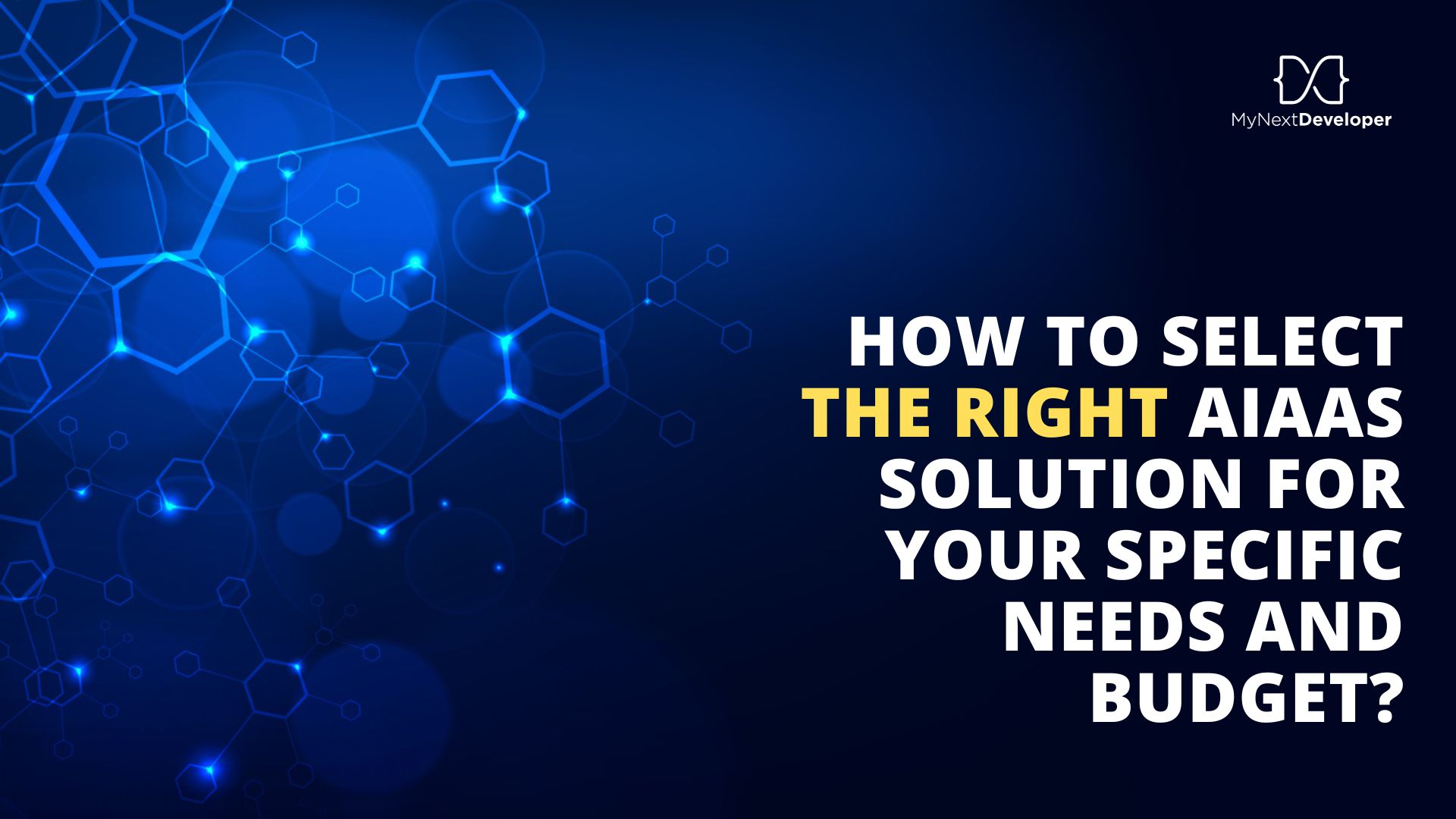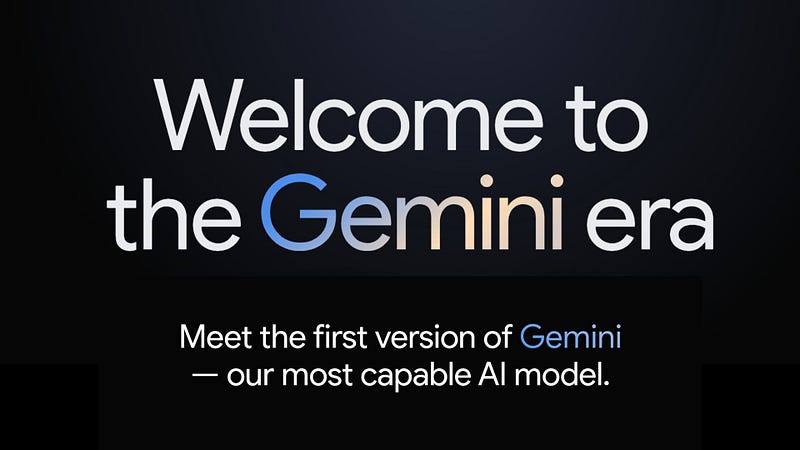Debunking Devin: Separating Fact from Fiction on the Claim of the “First AI Software Engineer”
Debunking Devin: Separating Fact from Fiction on the Claim of the “First AI Software Engineer”

Introduction:
Devin, an AI program designed by a tech company, has taken the internet by storm with claims of being the world’s “first AI software engineer.” However, these claims have sparked controversy, raising questions about Devin’s true capabilities.
Misleading Claims:
- The “First AI Software Engineer” Title:
Software engineering is a complex field requiring human expertise in areas like design, communication, and problem-solving. While Devin can automate certain tasks, it lacks the critical thinking and adaptability of a human engineer. - The Upwork Facade: Devin’s supposed success on Upwork, a freelancing platform, is misleading. The video showcasing Devin’s capabilities doesn’t reflect the actual Upwork bidding process. Additionally, the task Devin performed deviated significantly from the client’s requirements.
- Earning Through Upwork: There’s no evidence Devin generated any revenue on Upwork. The video demonstration doesn’t depict a completed project submitted to a client.
Devin’s Actual Performance:
Devin likely utilized pre-programmed functionalities to navigate the Upwork website and complete a scripted set of actions. This falls far short of the independent problem-solving and code creation expected from a software engineer.
- Limited Accomplishments: Devin primarily focused on configuring an environment and basic code debugging. While this demonstrates a certain level of automation, it falls short of true software engineering.
- Human vs. AI Efficiency: Replicating Devin’s actions took a human significantly less time (around 36 minutes) compared to the claimed time spent by Devin (over 6 hours). This raises questions about efficiency and practicality.
- Code Quality Concerns: The code generated by Devin contained unnecessary complexities and redundancies. Human intervention would likely be needed to maintain or update such code in the future.
The Problem with Hype:
Overhyping AI capabilities can have detrimental effects:
- Lowered Software Quality: Overstating AI capabilities can lead people to believe AI is more advanced than it is, potentially causing issues in software quality and user trust.
- Wasted Resources: Misleading claims can make people trust buggy AI-generated code, leading to more problems and wasted effort.
- Loss of User Trust: When AI fails to live up to the hype, users lose trust in the technology. This hinders the adoption of beneficial AI applications that can genuinely improve our lives.
Conclusion:
AI holds immense potential, but honesty and responsible communication are crucial. Developers and journalists should focus on factual representations of AI’s capabilities. As consumers of information, a healthy dose of scepticism is essential. Don’t be afraid to question what you see online and delve deeper to understand the truth behind the hype.
Ready to build your tech dream team?
Explore MyNextDeveloper, a platform where you can discover the top 3% of software engineers who are deeply passionate about innovation. Our on-demand, dedicated, and thorough software talent solutions provide a comprehensive answer to all your software needs. We value empathetic engineers and the importance of the human touch.
Visit our website to see how we can help you build your ideal team.





